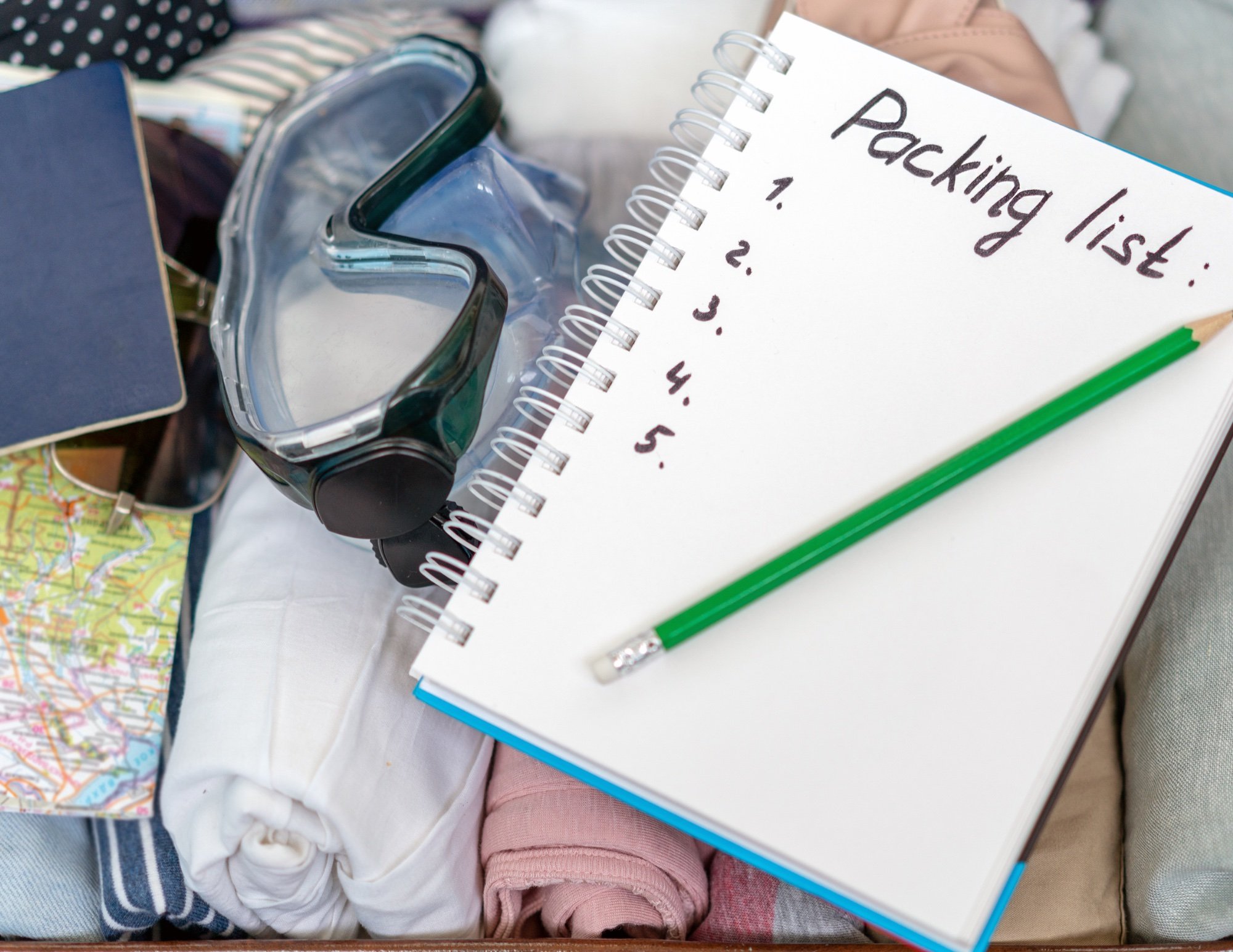As the final school bells ring and the summer heat kicks in, many families are gearing up to enjoy a summer break filled with quality time, relaxation, and planned activities. Before school ends, many teachers give tips, tricks, and resources to avoid the “summer learning slide”, referring to a student’s loss of reading and math skills during the summer months. While these resources often include practice pages and suggestions to maintain academic progress, it is equally important for students to exercise the executive functioning skills they frequently practiced through school systems, structures, and routines. Here are 7 ways these skills can be easily incorporated into your student’s summer break through a combination of day-to-day routines and fun, engaging activities.
Get organizeD
During the summer months, many families experience less structure in their daily schedules and may fill their time with non-routine events such as camping, vacations, playdates, summer camps, and more. This transition can be challenging for students who may have relied on visual supports or daily routines during school. You can support this transition at home by using organization/planning tools to keep track of important dates and information, setting timers as needed to display how much time your child has left to complete a task, and helping your child create morning/afternoon checklists to stay organized and keep track of any routinely scheduled tasks that need to be completed.
Be mindful
Another way to practice executive functioning skills is through daily mindfulness exercises. Angela Pruess, a licensed clinical family therapist, highlights eight benefits and examples of mindfulness for children. Practicing mindfulness can look like daily meditation, “down time” or “quiet time”, yoga, nature walks, spending time outdoors, mindfulness apps, blowing bubbles, coloring, journaling, and listening to music.
Play, play, play
Playing games is a great way to practice skills like planning, memory, self-regulation, flexibility, self-control, organization, and goal setting. Specific games like Monopoly, Uno, Bingo, Connect 4, Jenga, Mancala, Memory, Battleship, and Guess Who can work on these skills. Prepped Learning offers additional suggestions for games to improve executive functions. Not only are games a great way to improve critical thinking skills, but they are also a fun way to make connections and create memories with your child.
Create a summer activity wish list
Have your child create a summer “wish list” of realistic activities and goals for this summer. Goals can range from “read 10 books” to “see a new movie”. Then, encourage your child to plan out and set a timeline to accomplish each task. You can add this to your family organizational system or create a personal calendar with your child so they can view and self-assess their progress.
Join an organized sport or activity group
Your child could join a summer camp, team, or program to increase their team building and executive functioning skills. Many sports and activity groups (band, music, theater, martial arts, etc.) help children develop skills such as organization, self-awareness, self-regulation, attention, memory, vision, and goal setting.
Run a lemonade stand
Your child can plan an activity with friends, family, or independently to run a lemonade stand. They can create a list of materials, set goals of how much lemonade to sell, practice following multi-step directions while making the lemonade, organize their stand, modify plans as needed, and improve task initiation skills. This can also give an opportunity for children to reflect, using developing their metacognitive skills, and problem solve for any necessary improvements.
Create checklists for planned activity days
If you have an activity planned, such as a beach day, vacation, camping trip, etc., you can ask your child to get involved in the planning process by creating a checklist of necessary items to pack. Not only does this checklist help create responsibility, but it also works to improve skills like planning, organization, and prioritization.
Whether your summer has a jam-packed schedule, or is filled with rest and relaxation, there are many fun, and exciting ways your child can continue to develop their executive functions and prevent the summer slide!
Written by Ami Z.


